Podcast: Play in new window | Download | Embed
U.S. Health and Human Services Secretary Robert F. Kennedy Jr. says he wants to improve Indigenous peoples’ access to traditional foods.
Patrick Gilchrist has more.
Standing outside a tribal health center in Fairbanks, Alaska, Sec. Kennedy told reporters last week he’s collecting ideas, but isn’t exactly sure how to achieve that goal.
“I’m trying to figure out ways I can use my agency and my relationship with other secretaries to return those foods.”
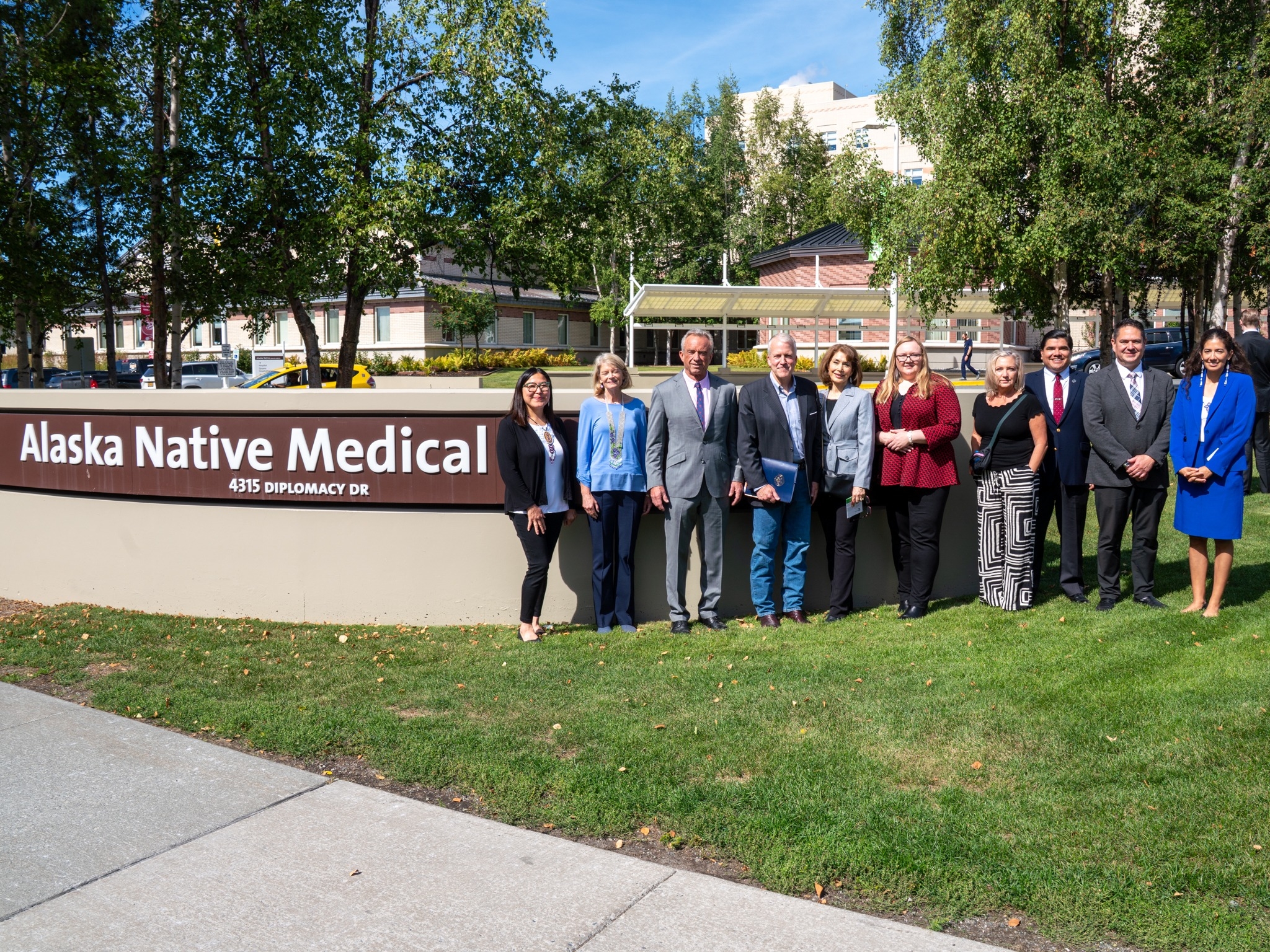
Kennedy made a few stops at healthcare facilities in the state. In Anchorage, he went so far as to call processed foods’ impact on Native health part of a “genocide.”
The center where Kennedy spoke in Fairbanks is operated by Tanana Chiefs Conference (TCC).
The nonprofit tribal organization aims to support health and social service needs of its 42 members, 37 of which are federally recognized tribes.
TCC Chief Brian Ridley says the secretary’s pledge is just a starting point, but encouraging.
“He seems totally on board with working with us in those areas, trying to do what we can to try to get back to our traditional foods, so that they’re healthier. And it’s just a matter of working with him and the senators going forward on trying to find a way to actually make that happen.”
The press event took place after Kennedy toured the health center with Alaska’s U.S. Sens. Lisa Murkowski and Dan Sullivan (R-AK).
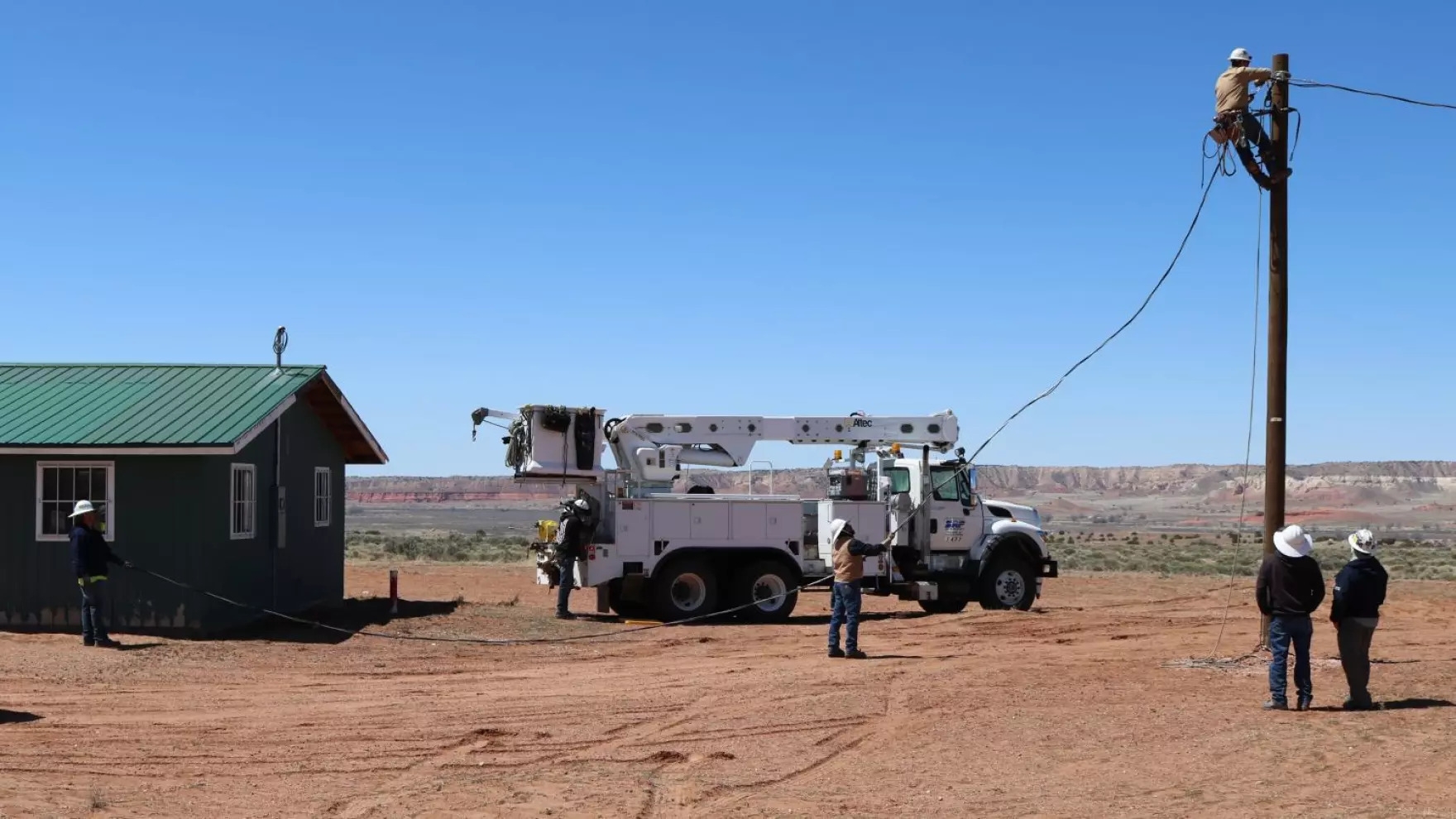
Salt River Project connects Jerome Shirley’s home in Cornfields to a power source during “Light Up Navajo” in April 2024. (Photo: Gabriel Pietrorazio / KJZZ)
Light Up Navajo is an annual aid program meant to help electrify rural and remote households across the Navajo Nation, the largest reservation in the U.S.
As KJZZ’s Gabriel Pietrorazio reports, the project reached a major milestone earlier this month.
With help from nearly four dozen public and private utilities spanning 20 states, the Navajo Tribal Utility Authority (NTUA) says volunteers installed 41 miles of power lines and hooked up 196 homes this year alone, now surpassing 1,000 dwellings in all.
Typically conducted over the summer months, Light Up Navajo began as a six-week pilot in 2019 between NTUA and the American Public Power Association.
Six years later, it’s now a 14-week endeavor.
NTUA estimates about 10,000 households are still in the dark.
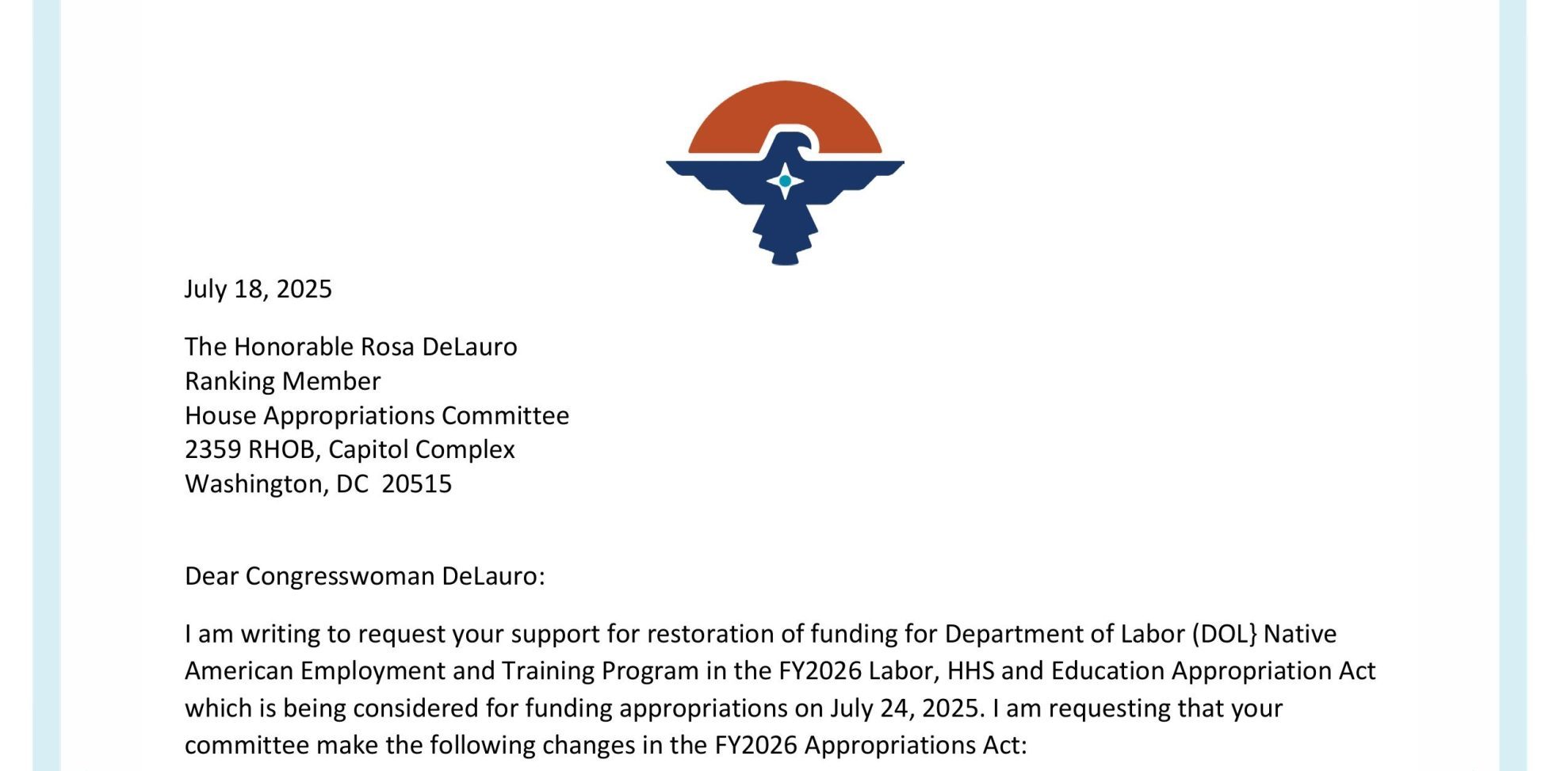 A nonprofit in New Mexico that supports Native American communities wants Congress to restore crucial funding for an employment and training program.
A nonprofit in New Mexico that supports Native American communities wants Congress to restore crucial funding for an employment and training program.
KUNM’s Jeanette DeDios (Jicarilla Apache and Diné) has more.
Among ongoing federal funding cuts, the Native Professional Advancement Center is urging Congress to reverse a budget proposal that would eliminate money for Native workforce training programs.
The center’s board chair Lorraine Edmo (Shoshone-Bannock) recently sent a letter to U.S. Rep. Rosa DeLauro (D-CT), a ranking member of the House Appropriations Committee, requesting action to restore $60 million dollars.
Darius Lee, executive director of the center, says the elimination of federal funding “undermines decades of progress and violates the government’s responsibility to honor Tribal sovereignty.”
According to a press release by the organization, the federal budget proposal by the Trump administration is calling for the elimination of the Workforce Innovation and Opportunity Act and instead creating a new state-controlled block grant called “Make America Skilled Again.”
If created, it would cut tribes and nonprofits from direct access to workforce resources, force tribes to compete with the state for funding, and shut down culturally specific support systems that have helped Native people earn employment.
The House Appropriations Committee is scheduled to possibly take another vote on this portion of the budget on September 2.
Get National Native News delivered to your inbox daily. Sign up for our daily newsletter today.
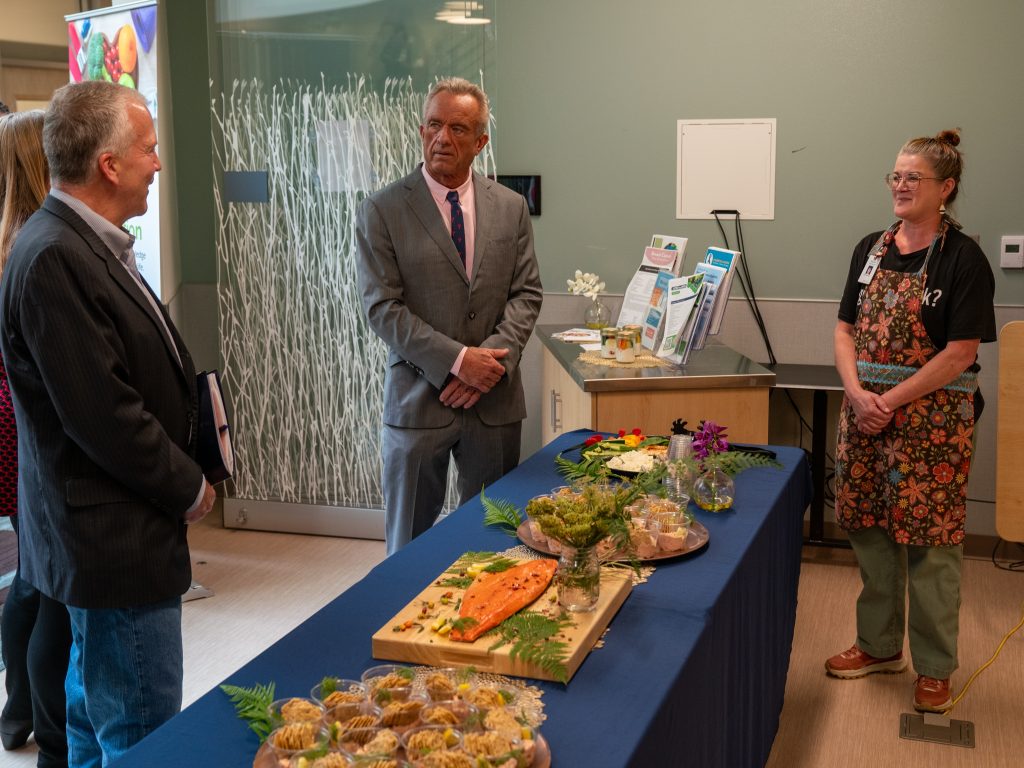

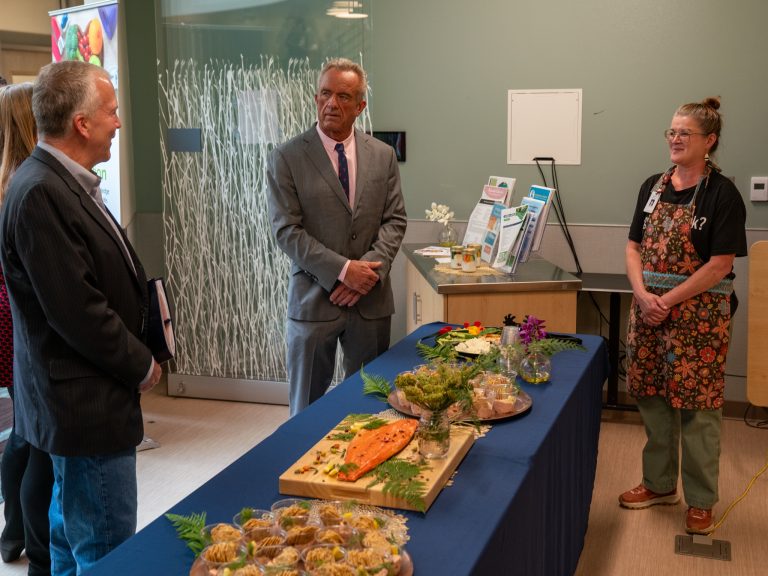

Leave a Reply